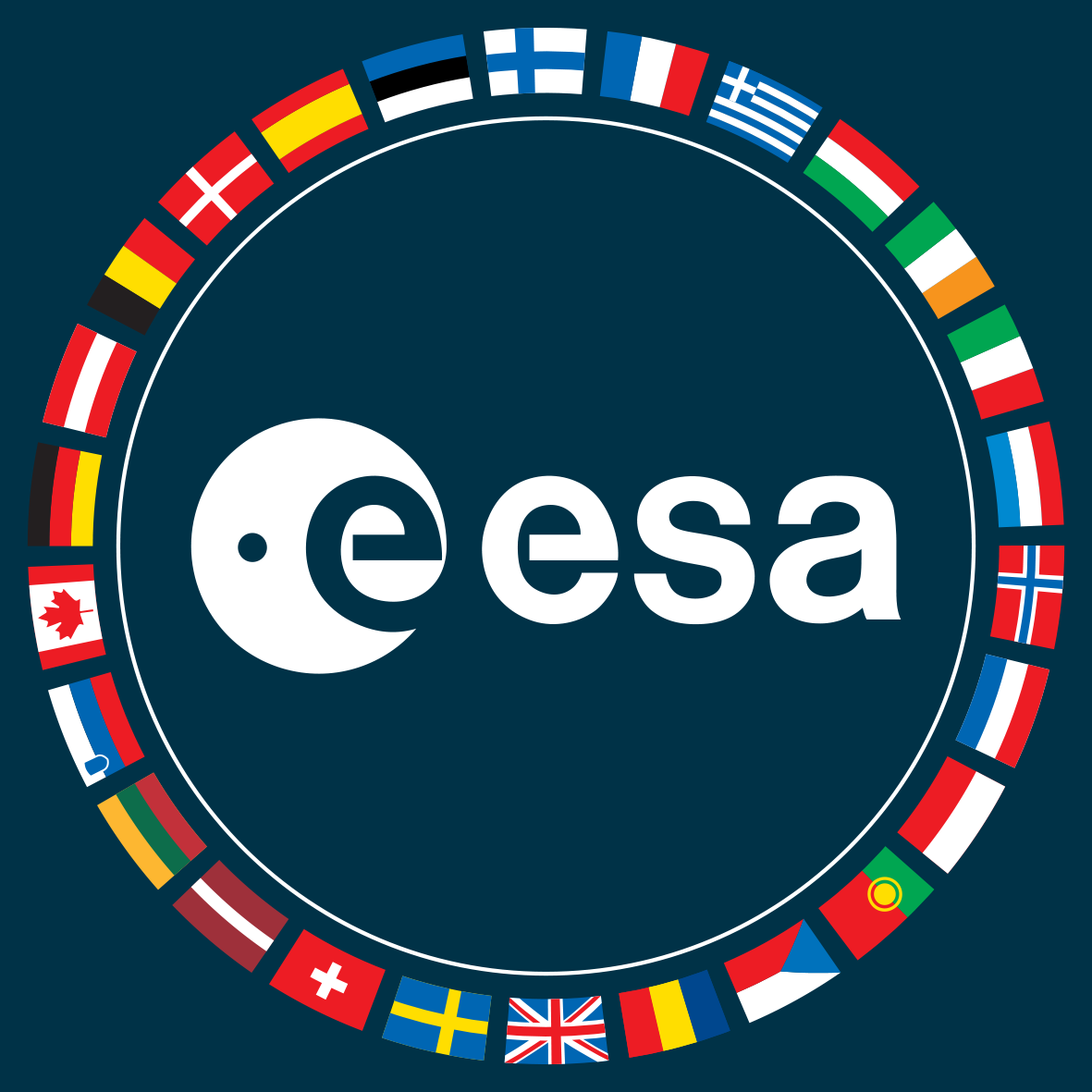Internal Research Fellow (PostDoc) in Advanced Software Technologies
Noordwijk, The Netherlands, ESA [8261-20810]
About this job
ESA is looking for an Internal Research Fellow (PostDoc) in Advanced Software Technologies.
Description
The Software Systems Division deals with development techniques for ground and space systems. This covers all life-cycle aspects from requirements specification to development, verification, validation and maintenance. Within this Division, the Software Technology Section aims to explore the use of new technologies in the different areas. This covers several technologies and domains of application:
• Machine Learning (ML) techniques for verification, validation and maintenance based on the analysis of data captured during verification and validation tests or data available on board a spacecraft.
• Planning techniques to increase the on-board autonomy of spacecraft that are part of a telecommunication or Earth observation constellation.
• Model-Based System/Software Engineering to verify the correctness of the models that are used for the automatic generation of code.
Responsibilities
Field(s) of activities/research
The Research Fellow (RF) will be assigned to consolidating research and applying a new technology in one of the following topics. Each topic can be consolidated with respect to the profile and experience of the candidate.
Machine Learning: preventive maintenance
On this topic, the objective of the RF project is to study the state of the art of machine learning and data mining algorithms that would make it possible to detect anomalies in the data recorded during the verification and validation of space systems and apply the most appropriate one to a set of representative (or real) time series. The anomalies to detect include regressions with respect to previous execution of the tests, sporadic behaviours as well as identification of trends that could lead to anomalies through automatic and exhaustive analysis of test results and system of systems environment data.
Planning: Autonomous operations
On this topic, the objective of the RF project is to study the state of the art of planning algorithms that would support on-board autonomous operations of a telecommunication or Earth observation constellation. The autonomy concepts shall be implemented on board the spacecraft of the constellation in order to manage high-level requests (objectives and constraints) sent from Ground. The overall planning is distributed among all spacecraft to ensure the highest availability (telecommunication) or the highest reactivity (Earth observation) of the mission.
Model-Based System/Software Engineering: Model Checking
On this topic, the objective of the RF project is to study the state of the art of formal verification, in order to develop and integrate model-checking techniques into ESA’s Model-Based development framework (TASTE, check https://taste.tools) and to demonstrate them. The approach relies on the joint use of formal modelling languages (SDL, MSC, ASN.1) and constrained programming languages such as Spark/Ada. The RF shall assess the possibility to reuse existing languages and tools (e.g. Promela/Spin, Uppaal, BIP, IF) and define a realistic engineering work plan to design, implement and put together the tools needed for the introduction of model-checking into the TASTE framework.
Profile
Technical competencies
Ability to conduct research autonomously
Breadth of exposure coming from past and/or current research/activities
Research/publication record
Knowledge relevant to the field of research
General interest in space and space research
Ability to gather and share relevant information
Education
Applicants should have recently completed, or be close to completing, a PhD in computer science, modelling methods, or systems (requirements) engineering. Preference will be given to candidates awarded their doctorate within past five years.
For a complete job description and to apply, click on “apply”.
The closing date for applications is 01 February 2021.
At the Agency we value diversity and we welcome people with disabilities. Whenever possible, we seek to accommodate individuals with disabilities by providing the necessary support at the workplace. The Human Resources Department can also provide assistance during the recruitment process. If you would like to discuss this further please contact us at contact.human.resources@esa.int
——————————————————————————————————-
Please note that applications are only considered from nationals of one of the following States: Austria, Belgium, the Czech Republic, Denmark, Estonia, Finland, France, Germany, Greece, Hungary, Ireland, Italy, Luxembourg, the Netherlands, Norway, Poland, Portugal, Romania, Spain, Sweden, Switzerland, and the United Kingdom. Nationals from Latvia and Slovenia, as Associate Member States, or Canada as a Cooperating State, can apply as well as those from Bulgaria, Cyprus, Lithuania and Slovakia as European Cooperating States (ECS).
Priority will first be given to candidates from under-represented Member States.
We offer
The European Space Agency (ESA) is an equal opportunities employer that offers competitive salaries exempt from national income tax and excellent employment conditions, such as allowances for expatriates and relocation support.
For more information: http://www.esa.int/About_Us/Careers_at_ESA
About us
The European Space Agency (ESA) is Europe’s gateway to space. Its mission is to shape the development of Europe’s space capability and ensure that investment in space continues to deliver benefits to the citizens of Europe and the world. ESA is an international organisation with 22 Member States. By coordinating the financial and intellectual resources of its members, it can undertake programmes and activities far beyond the scope of any single European country.
Learn more: http://www.esa.int/
For information on how the personal data in your application is processed, please see the ESA Privacy Policy.
